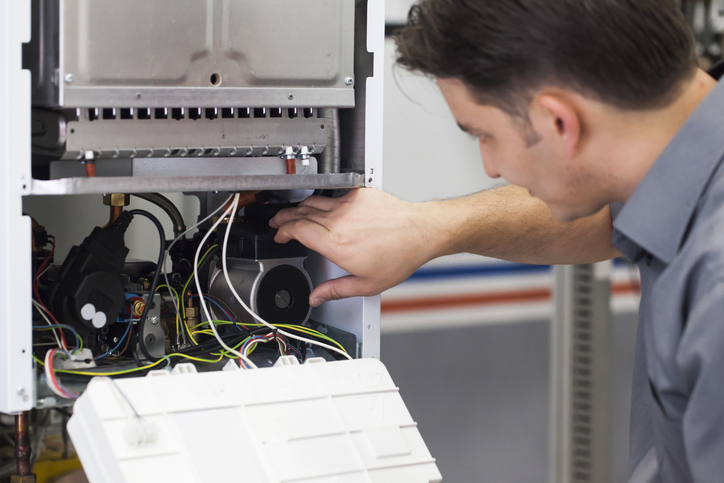
Furnace Replacement in Pittsburgh: A Complete Guide for Homeowners
Pittsburgh homeowners know that a reliable furnace is essential to surviving the region’s cold winters. When temperatures drop, the last thing you want is to…

Pittsburgh homeowners know that a reliable furnace is essential to surviving the region’s cold winters. When temperatures drop, the last thing you want is to…
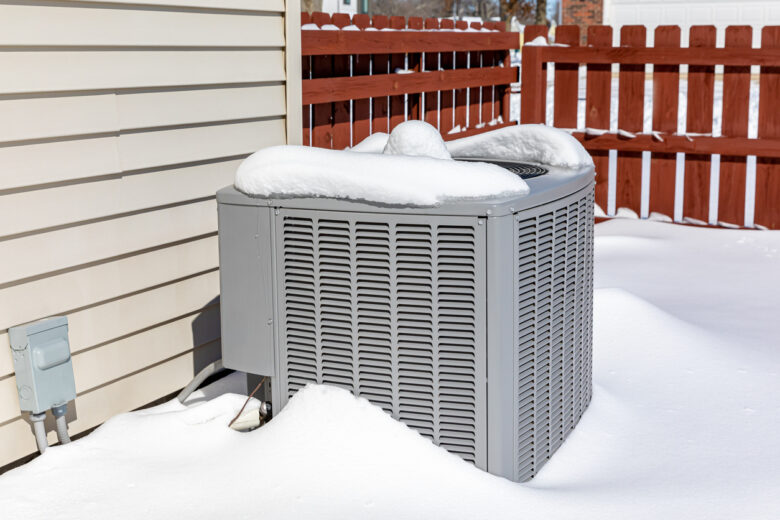
As fall approaches and the weather turns cooler, Pittsburgh homeowners start preparing for winter. One essential step is shutting down your air conditioning unit for…
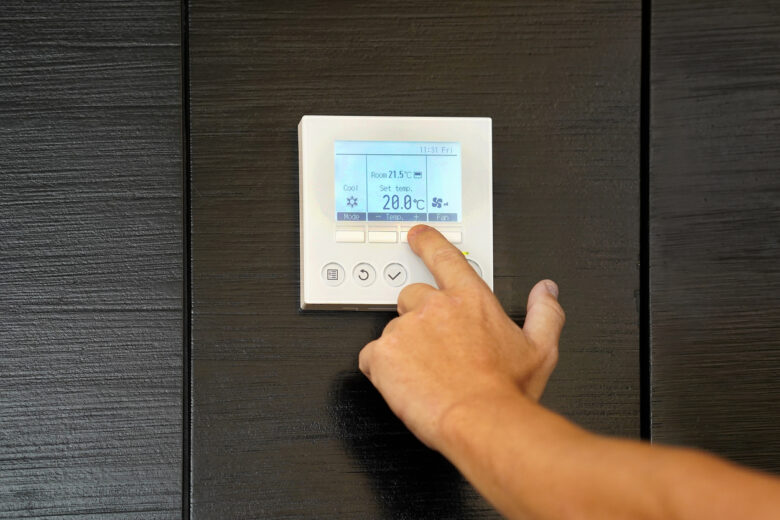
Whether you need central AC in your Pittsburgh home depends on your specific cooling needs, budget, and home setup. If you’re tired of dealing with…
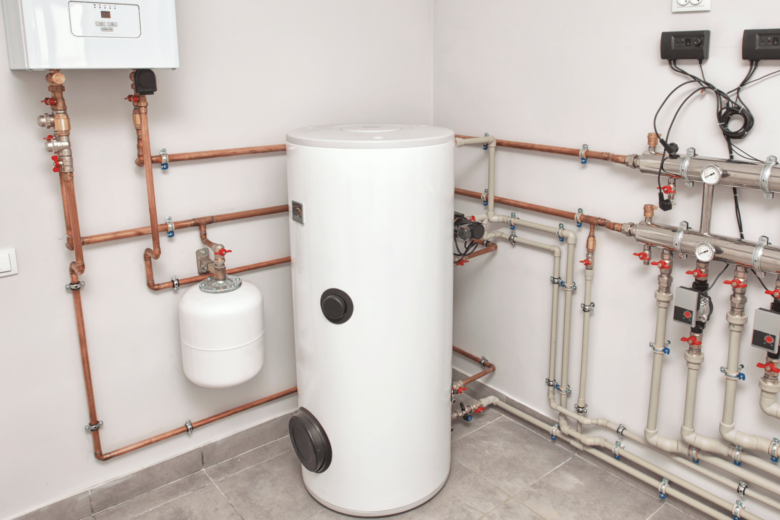
Choosing between a tank and a tankless water heater can be a tough decision for homeowners in Pittsburgh. Both options have their pros and cons,…
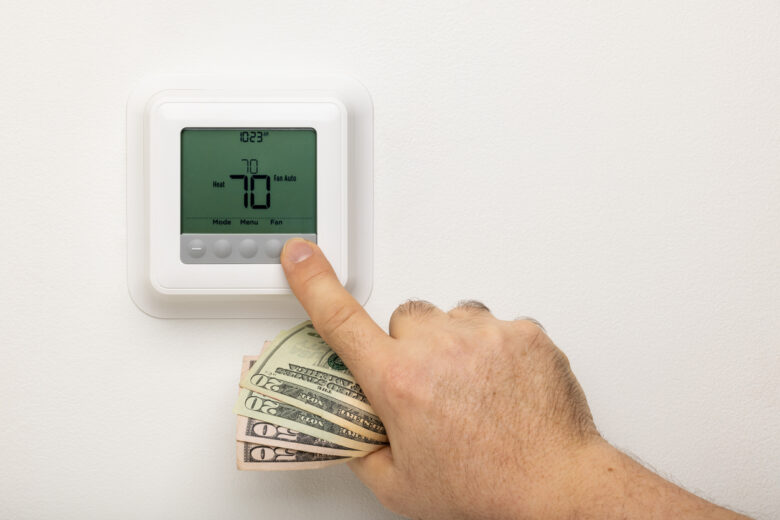
There’s nothing quite like stepping into your home on a hot summer day and being welcomed by a refreshing environment filled with cool air. A…
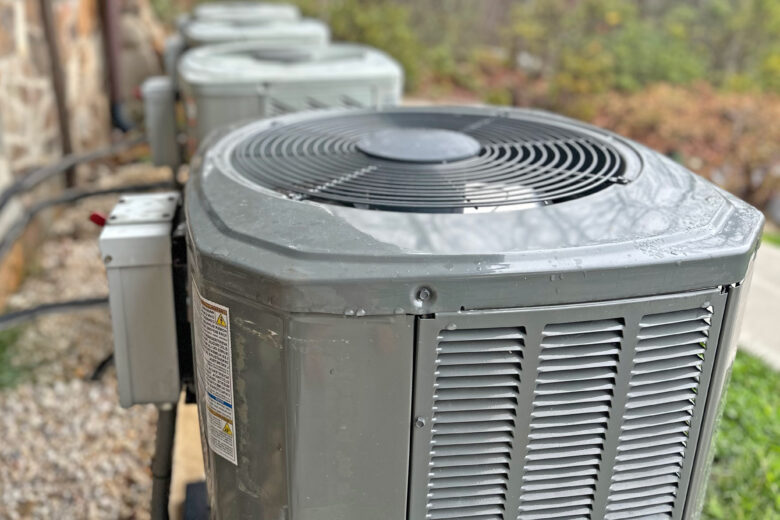
Summers in Pittsburgh, PA, are known for their hot and humid conditions. To maintain a cool and comfortable indoor environment, an effective cooling system is…
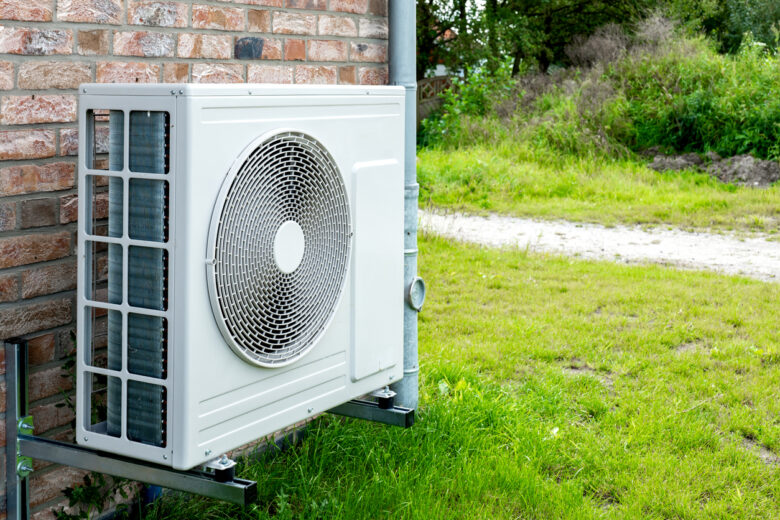
As homeowners seek efficient and sustainable heating and cooling options, electric heat pumps have gained popularity as a viable, year-round home comfort solution. However, evaluating…
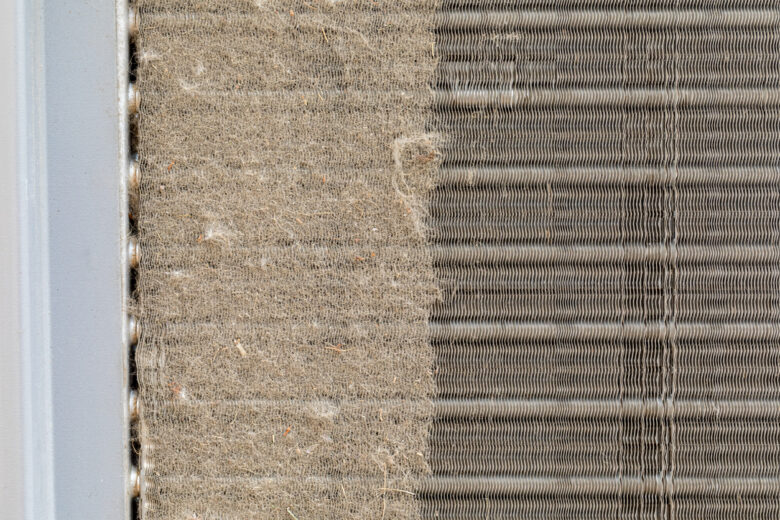
Taking care of your air conditioning system helps elongate its lifespan, reduce energy bills, and prevent future headaches. However, the thought of cleaning your AC…
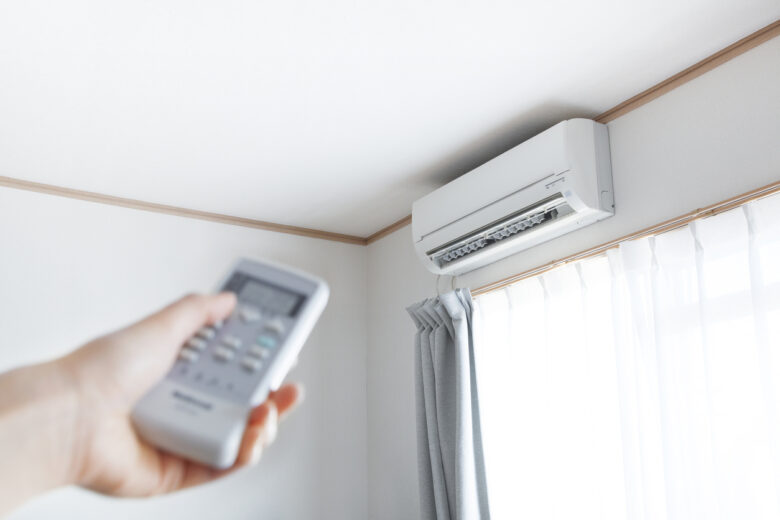
Mini split systems, also known as ductless mini split systems, provide a versatile alternative to traditional HVAC systems. These systems have an outdoor component and…
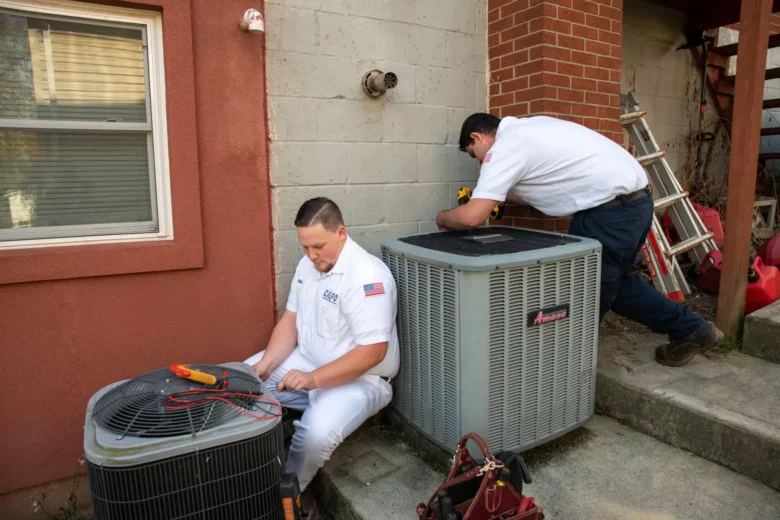
What’s Causing Your AC Unit to Short Cycle? Most homeowners don’t pay too much attention to their air conditioners they expect them to turn on…

Pittsburgh summers can be hot and humid – especially in July and August. Air conditioners are essential in all homes. If your unit breaks down…

Are you having trouble keeping your Pittsburgh home cool this summer? Calfo can help increase your comfort and decrease your energy costs with ductless mini splits! With efficient…